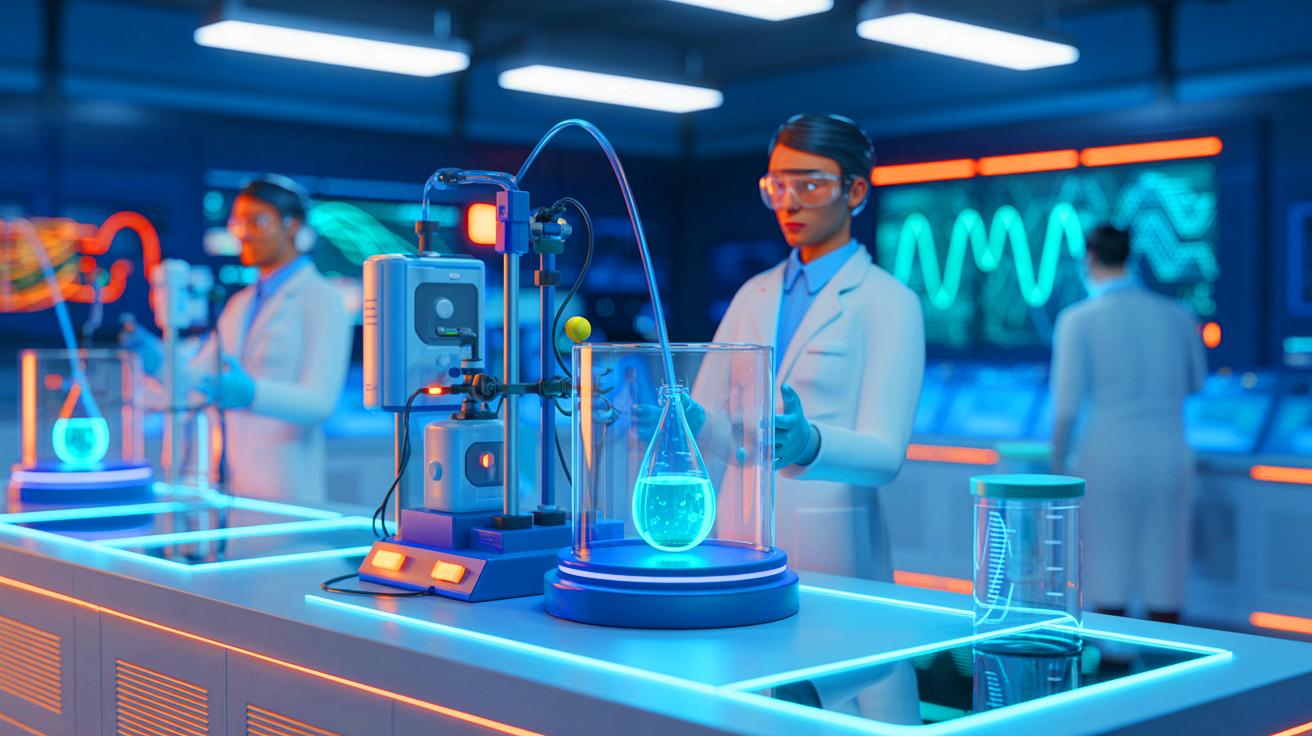Harvesting Hydrogen: Transforming Urine into Sustainable Energy Source
Key Ideas
- Researchers at the University of Adelaide have developed efficient electrolysis systems using urine to produce hydrogen, cutting electricity consumption by 20-27%.
- The innovative approach eliminates toxic by-products, generates harmless nitrogen gas, and aims to replace expensive platinum with non-precious metals for cost reduction.
- Challenges such as chlorine corrosion in urine are addressed through innovative mechanisms, enhancing the integrity and efficiency of the hydrogen production process.
- The goal is to develop scalable systems for sustainable hydrogen production and wastewater remediation, contributing to cleaner energy solutions and effective waste management.
Hydrogen, hailed as a clean energy source, faces challenges in production costs and environmental impact. The University of Adelaide's research introduces a groundbreaking method utilizing urine for hydrogen production. The systems developed reduce electricity consumption significantly compared to traditional methods and eliminate toxic by-products, paving the way for more sustainable production. By leveraging urine as a source of urea, the research addresses cost-effectiveness and environmental concerns, aligning with broader sustainability goals. Challenges like chlorine corrosion are overcome through innovative solutions, while efforts to replace expensive materials aim to enhance scalability. The ongoing research seeks to develop membrane-free systems for green hydrogen recovery and wastewater treatment, offering a promising future for sustainable energy and waste management.
